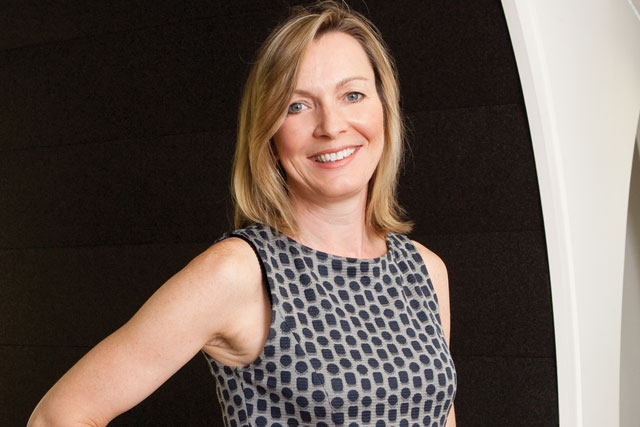Not so long ago a marketer asked me to meet him at 10.00 am the following morning. I arrived on time and waited 20 minutes for the meeting to begin. Offering me no apology or drink (I was asked to buy my own), the marketing head said he wanted to change the agency. It wasn’t delivering on creativity and didn’t understand the business. Rather than re-pitch immediately, he agreed to let us help by evaluating the partnership.
Sometimes marketers don’t know what the brief is until they actually see the work.
During our Optimise™ evaluation process, 76% of their interviews were postponed at least once, three were cancelled while my strategy partner sat in reception, 82% of the clients didn’t offer my interviewer any kind of beverage, even a glass of water.
On the agency side, the team had quadrupled in size. The top three executives had no experience of working in the sector and costs were out of control with an overspend of several million pounds.
Morale on both sides scored two out of ten.
This got me thinking. Do brands get the agencies they deserve?
At last week’s Marketing Leaders’ Exchange, I invited agency and marketing practitioners to join me to debate this thought provoking question. Martin George, Commercial Director, Post Office; Abi Comber, Head of Marketing, British Airways and Toby Hoare, CEO, JWT Europe, joined me on stage. These are the key insights we uncovered on what makes for flourishing agency and client relationships...
H2H not B2C or B2B
The strength of the human relationship is paramount to successful partnership. We hear this time and time again. Step away from hierarchies, ignore agency/client silos. It’s all about human values.
According to Martin George, "I choose agencies because I like the people. I want an agency to be genuinely interested in my business and my sector. I need people who are curious, committed and who persevere."
Put the money in front of the customer not the process
When Abi Comber ran what most consider to be one of the biggest pitches in recent times, the catalyst for change was driven by digital, content, and above all, the need to change a process-led model that sucked up money.
"I wanted to invest our money on things that get to the customer, not the process."
The new BA agency structure launched just last week and is based on a model of incentivising agencies to work well together. Rewarding collaboration has increasingly become a metric for success.
According to Toby Hoare, "Most global companies are, rightly, obsessed with efficiency, sometimes to the detriment of democracy. They should incentivise collaboration, work from fewer hubs, and invest in good technology to replace process with performance."
It begins with the brief
Get the brief right from the very start and brave and effective work is created. The panel remarked that sometimes marketers don’t know what the brief is until they actually see the work. In my experience the marketing/communications brief and subsequent creative brief are key documents that many clients do not spend enough time on or hone their skills and their marketing team capabilities accordingly. In addition the brief that is written is then seldom again referred to throughout the process, until the work isn’t satisfactory and then poor briefing or agency lack of understanding are used as a scapegoat.
Shared ambition
Is there a shared value on output? Is there a shared ambition for business and brand – and a mutual respect? Does the marketer want to make great work? Can the agency partner make a reasonable profit? Is this a team I would like to work with – are they a talent magnet, will they help us to prosper and flourish? These were the panel’s top list of what makes a successful partnership.
Toby Hoare suggested that as an agency chief he will look at three things; ‘Do they want what we have and what we want to sell – can we make great work; is this a financial opportunity – will we make money? Do they have people who are respectful, rewarding and challenging to work with?’ Two of the three are a must if the relationship is going to work.
Let the agency right into your business
Contrary to popular belief, Martin George and Abi Comber agreed that an agency is not an extension of the marketing team. "Agencies must bring something to the party we can’t offer". Martin went on to explain that during the selection process and once in the business relationship, he invites agencies to meet people across a broad base of the company, to show them what the business is about. That way, "Everyone has skin in the game." Marketers from big companies often over-manage agencies – thinking they can do the job just as well.
The panel agreed unequivocally – brands/companies do indeed get the agencies they deserve. Trust, shared ambition, bringing the agency into the business are all ways that make the relationship work as effectively as possible.
Failure to do this will most likely mean that bad culture and poor behaviour from clients will lead to a lack of trust, poor work and an agenda unshared - all resulting in unhappy people. In my book, life is just too short for that to be a productive. Courageous, thoughtful, ambitious brands not only get the agencies they deserve, they get the absolute maximum out of the agency relationship.


